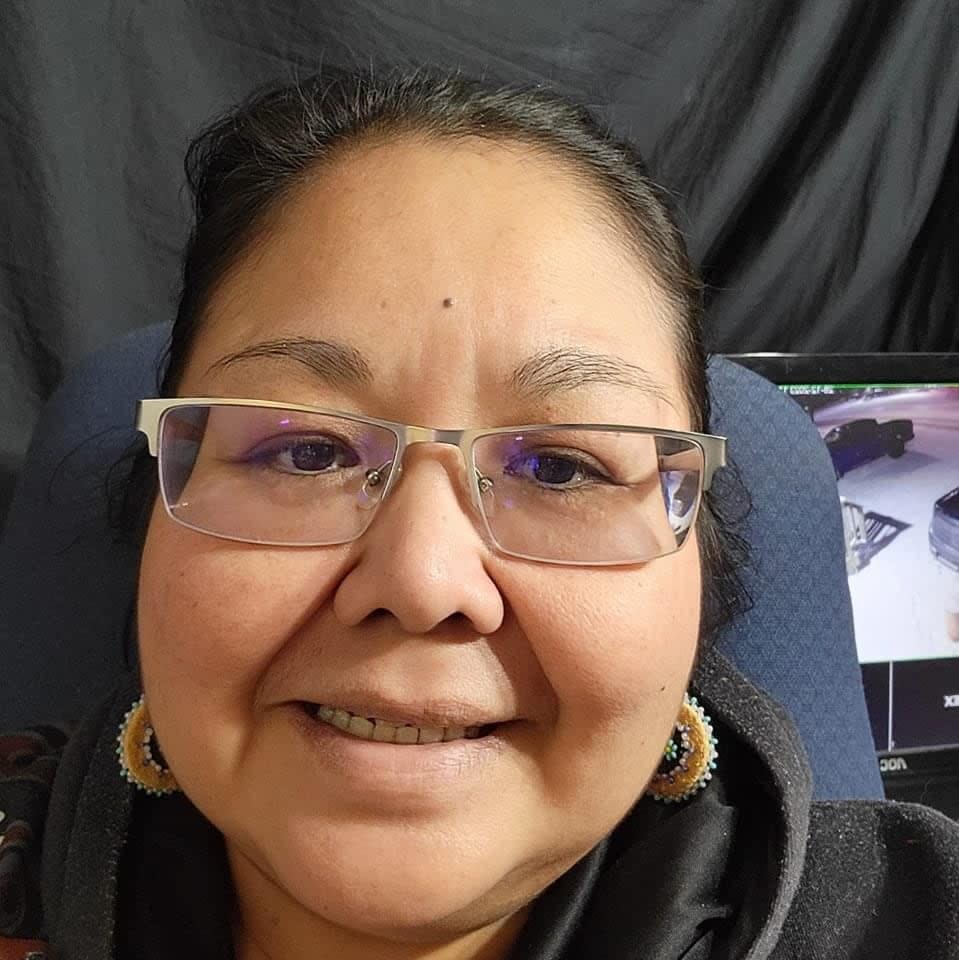Warming centre in Fort Simpson, N.W.T., increases services amid extreme cold weather

The warming shelter in Fort Simpson, N.W.T., has increased some of its services to ensure vulnerable people are safe during the ongoing extreme cold weather.
The decision comes after two incidents in the last week involving community members who had been found laying out in the snow and frigid temperatures — one had frostbite, and the other had to be medevaced.
Now, the warming centre has increased its street patrols.
Pamela Horesay is the program coordinator and manager at the centre. She said they usually patrol the streets Thursday to Sunday from 8 p.m. to midnight.
"Because of the cold snap, we're having it run every evening right now," she said.
The centre has increased the amount of patrols they do during the day as well as added an on-call service — which is not a simple taxi service.
"If they look like they might be a bit intoxicated or something, we can pick them up and bring them home," she said.

'Anything colder than that [-25 C], we should be keeping an extra eye out for people,' said Pamela Horesay, program coordinator and manager at the warming centre in Fort Simpson, N.W.T. (Submitted by Pamela Horesay)
"If somebody's walking up towards the hill — we could stop by and pick them up if they need a ride."
Horesay said the indicator for the increased street patrol is a temperature marker of –25 C. Any time the temperature hits that point, the patrol car will be out more and on-call.
"Anything colder than that, we should be keeping an extra eye out for people," she said.
Fort Simpson Mayor Sean Whelly is also asking residents to keep an eye out for people at risk, especially when driving around at night.
"A lot of people when they get hypothermia they drift off the edge and into alleyways and things, and that's the problem," Whelly said.
The centre purchased its vehicle last winter so staff could transport clients to important appointments, and for administrative needs. The centre also allow clients to use the vehicle to practice for driving tests.
Horesay said they are also working on offering more programming at the centre, such as a long-term transitional sobering program.
"You might not have the best family life, or relatives that can't support you properly because of trauma from addictions," she said.
"So why not create a sober living space, where they can engage in these things?"
The centre has also added individualized wellness plans to its services, for clients staying at the warming centre full-time.
Partnership with domestic violence centre
Although the centre's full-time living service is only available to men, it does help women in need as well. Previously, women could access a room at the Nahanni Inn for emergency situations but Łı́ı́dlı̨ı̨ Kų́ę́ First Nation opened a domestic violence centre in October.
"That's been a really good working partnership as well," Horesay said.
Women can get in touch with the domestic violence centre directly or go through the warming centre, the shuttle can also provide a ride to the centre if needed.
The warming centre currently houses seven full-time residents and has the capacity to house at least 10, Horesay said. It also has over 30 clients that utilize the outreach programming and services.
Horesay added she's very grateful for the extra community support that comes through donations.
"We get tons of donations from the community and other organizations," she said.
"These are really great things for the clientele that stay at the shelter, the people who use that building. It brings up a lot of morale because it shows that the community does in fact care."


